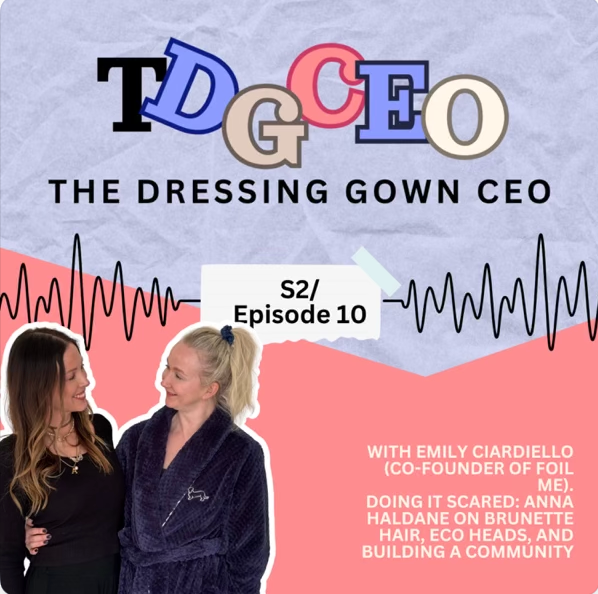Foil Me Invests in The Sun Exchange
We are proud to share that Foil Me have now invested in crowdfunding project called The Sun Exchange.
With our investment, Foil Me now own 1.1kw worth of solar panels for Outerwest Recycling Plant (365.04kW) in Campdown, South Africa who recycle 200 tonnes of plastics per month.
November 2021 update: The project has now begun construction and soon this solar-powered plant will create clean and affordable energy for the next 20 years.
The Sun Exchange is the world’s first peer-to-peer solar leasing platform. Through Sun Exchange, anyone, anywhere in the world, can own solar energy-producing cells.
Sunshine is one of humanity’s most valuable, yet underutilised, resources. Not only can solar energy sustainably power hospitals, schools, community organisations, businesses and factories, it can also drive entire industries and economies. Solar dramatically reduces carbon emissions and air pollution, and it’s also quickly becoming the most affordable source of electricity.

Today, we are increasingly aware of the importance of minimising plastic waste for the planet. While efforts to reduce our overall reliance on plastics are essential, it’s equally important to find innovative ways to recycle and reuse the plastics that we currently utilising.
Polypropylene (PP) is a common rigid plastic favoured for items like shampoo bottles, food containers and is used to create the products in our Knobel Brush Ensemble.
Outerwest Recycling Plant in Durban, in South Africa’s KwaZulu Natal province, is currently preventing 200 tonnes of PP per month from ending up in landfills, where it would take approximately 20-30 years to decompose.
After collecting, sorting and cleaning PP products, Outerwest Recycling Plant reprocesses it by melting the PP at approximately 2,400 degrees Celsius, running it through water, and cutting it into pellets that are then used to create new products.
Why is solar power so important?
Solar energy is one of the simplest ways to develop energy infrastructure and expand energy access while also reducing carbon emissions. South Africa averages more than 2,500 hours of sunshine per year, which averages between 4.5 and 6.5 kWh per square meter in one day. To put that into perspective, a single U.S. household uses roughly 11 kWh per day.
Solar energy is further compounded in South Africa by the fact that the current existing electricity mix is very carbon heavy and dirty, with the majority of it coming from low-grade coal. South Africa is one of the biggest global emitters of carbon dioxide, with 471 million metric tonnes of carbon emitted in 2019. The country relies heavily on dirty coal to fire up its 30,000 MW of electricity. Globally, that number is 4.8 tonnes per capita, per year.
The largest single source globally of the emissions that cause climate change is the use of coal, oil and natural gas to generate electricity and heat. Shifting the world’s energy generation towards clean, renewable energy sources is now more critical than ever.







Leave a comment